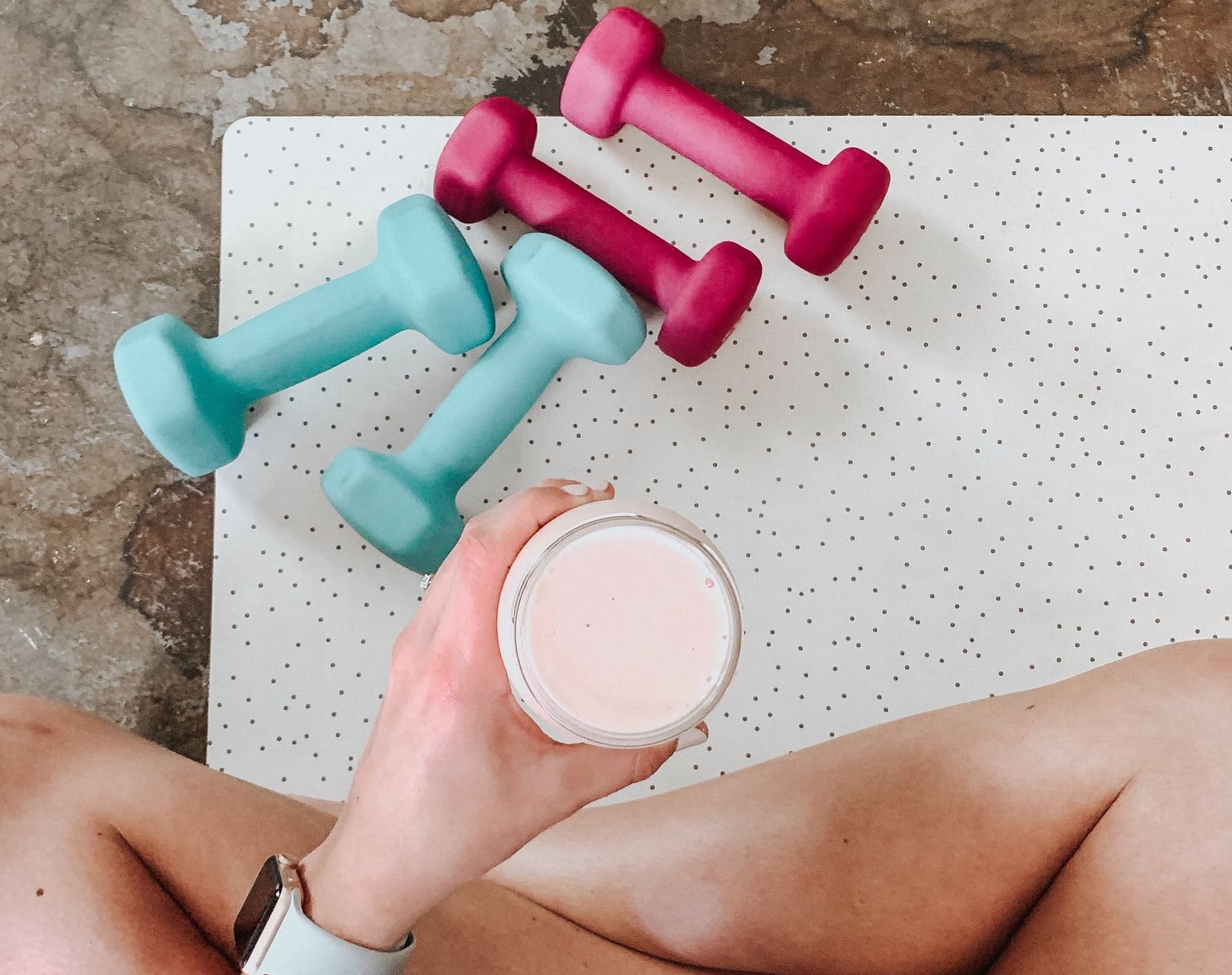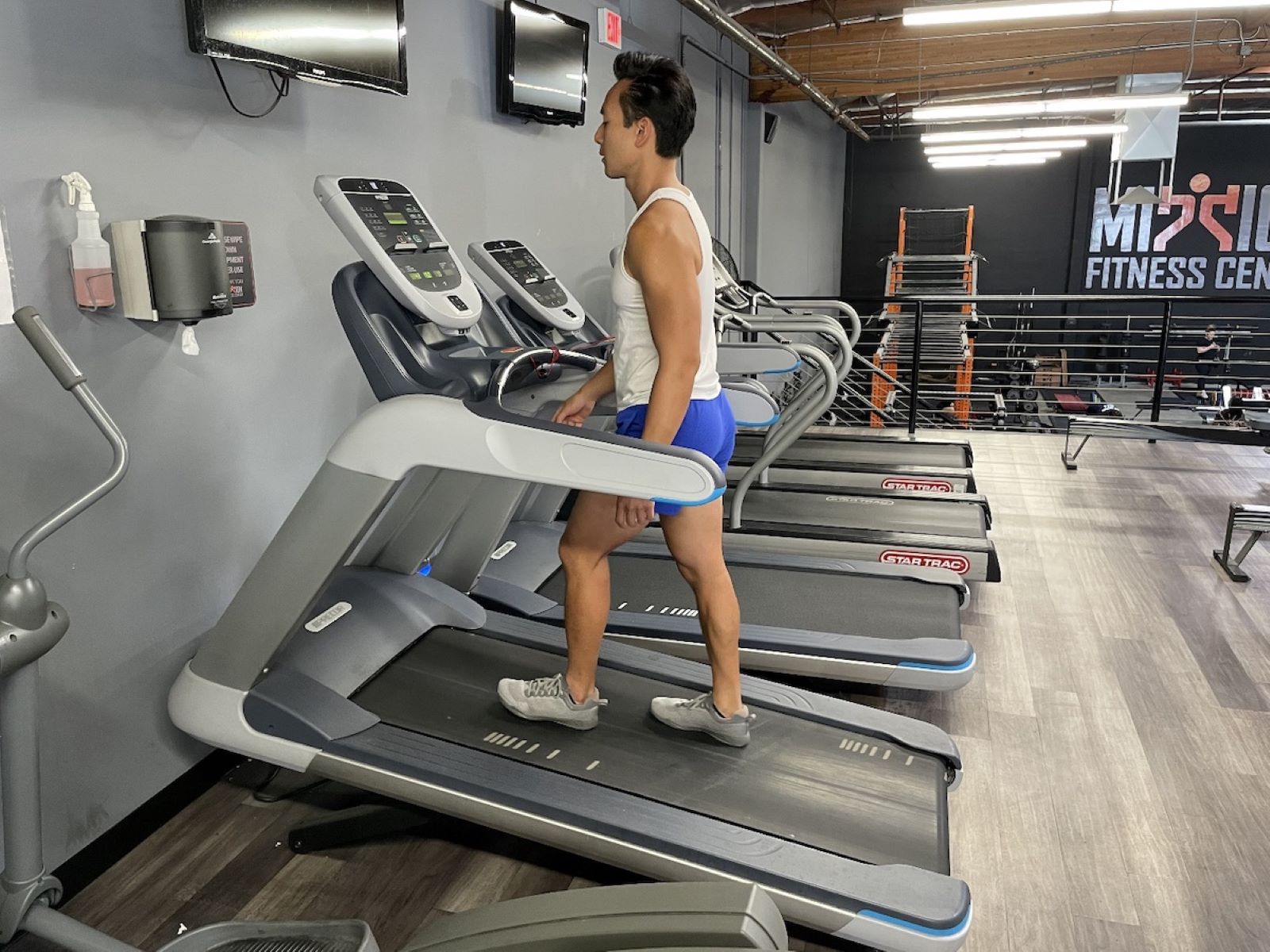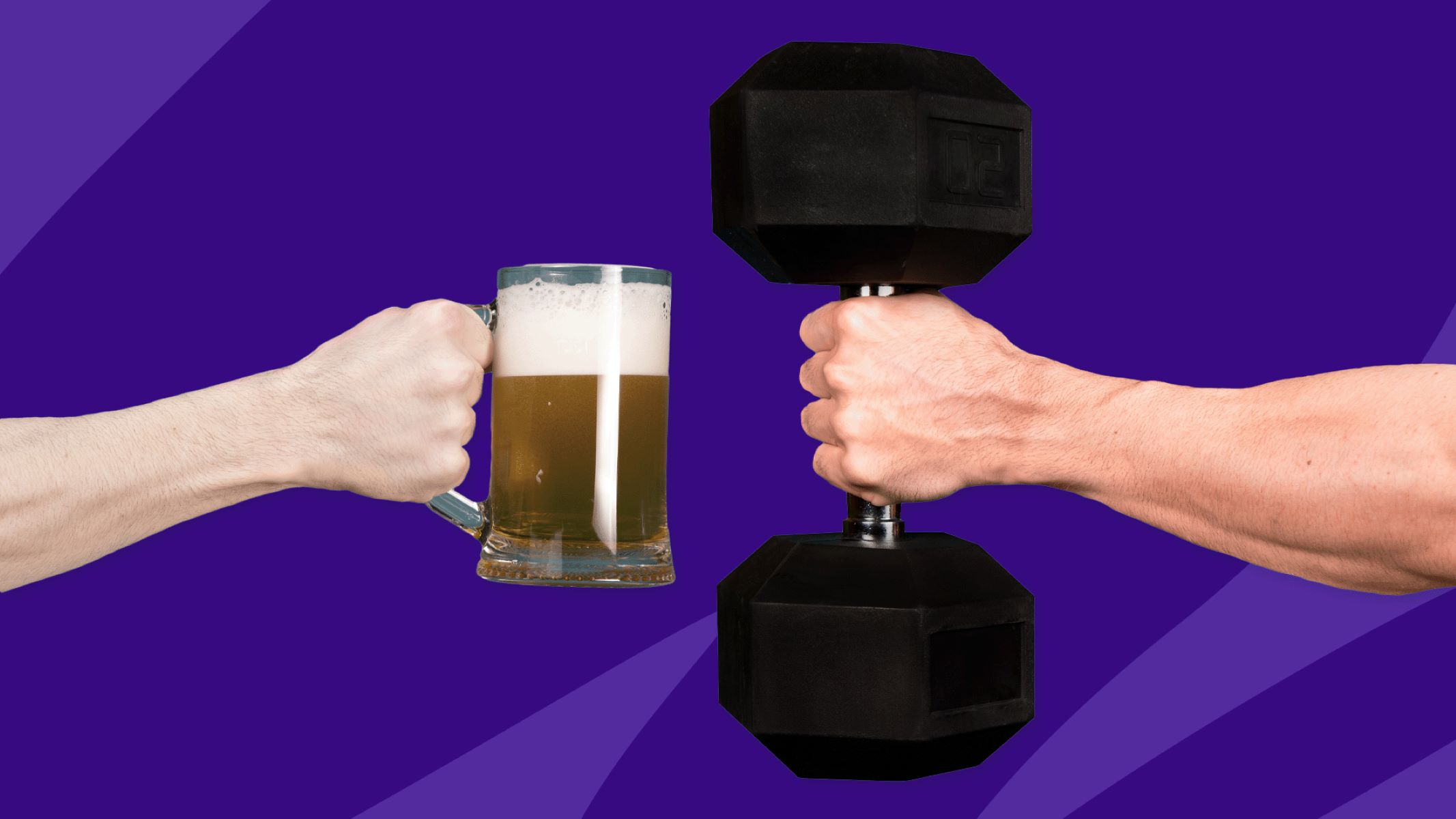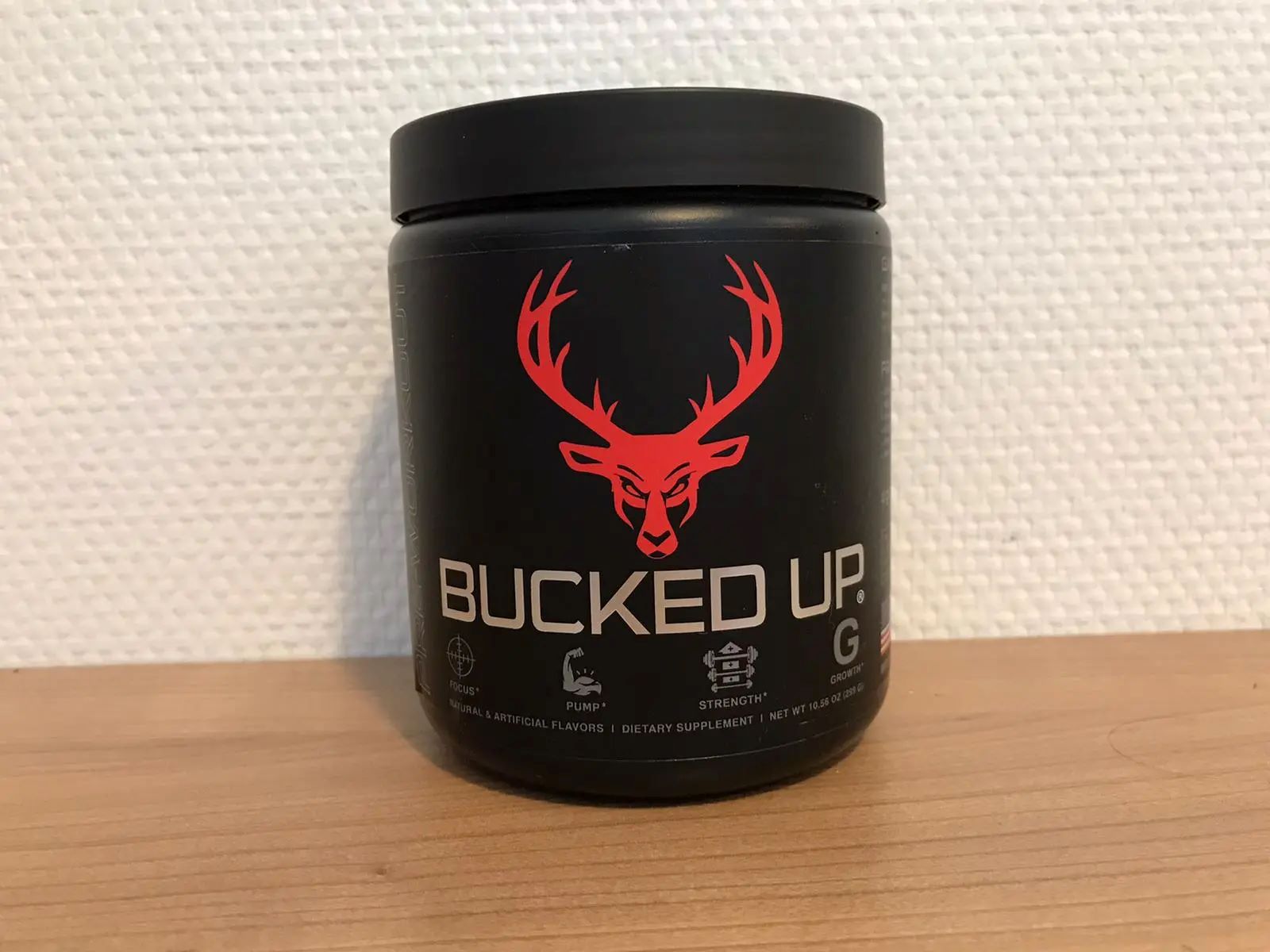Home>Misc>Featured>How Does Hydration Affect Athletic Performance
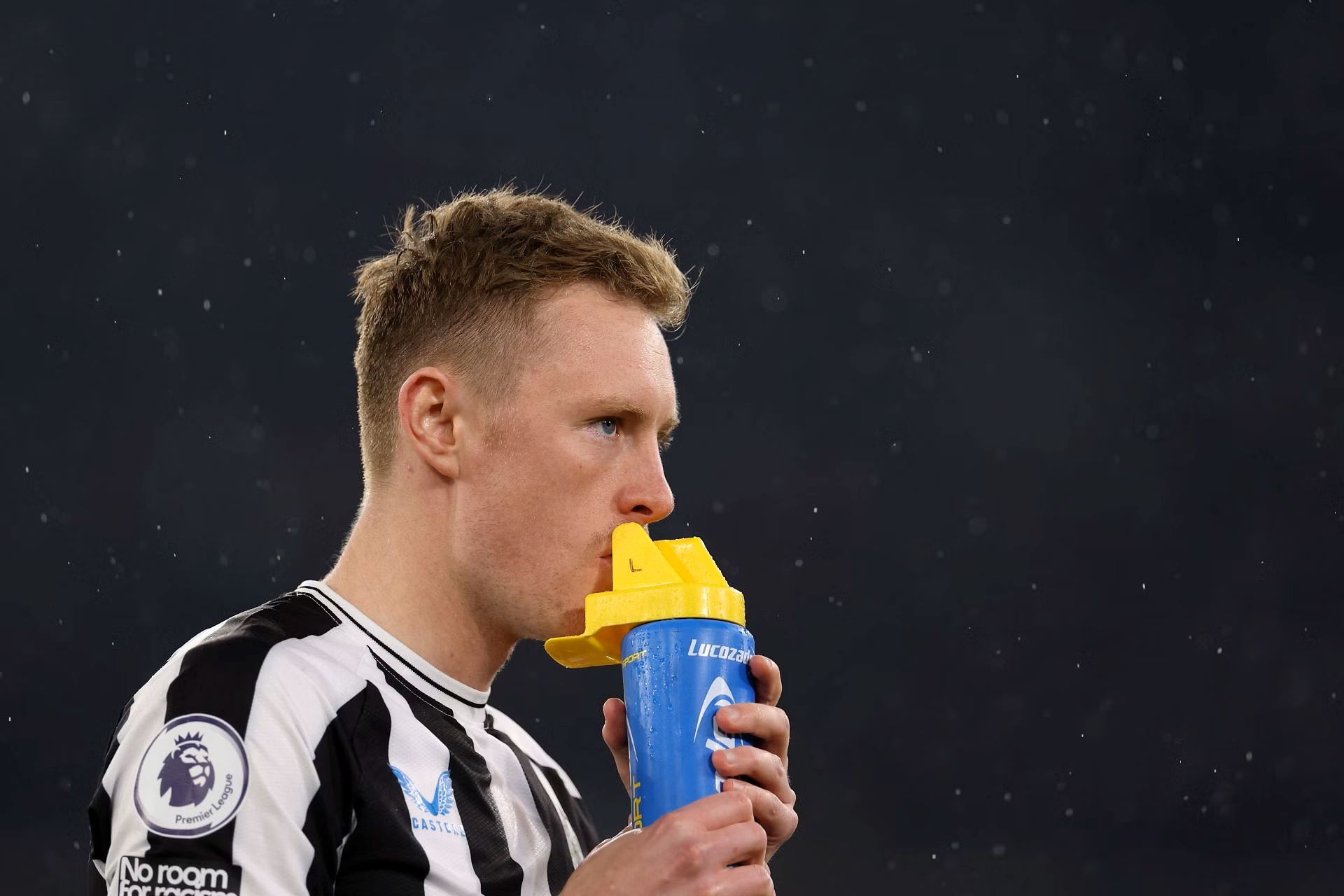

Featured
How Does Hydration Affect Athletic Performance
Modified: August 19, 2023
Discover the impact of hydration on athletic performance in this featured article. Learn how proper hydration can optimize your sports performance and boost your overall results.
Introduction
For athletes, maximizing performance and achieving peak physical condition is of utmost importance. While training, diet, and rest are commonly known factors that contribute to athletic success, one crucial aspect that is often overlooked is hydration. Proper hydration plays a vital role in optimizing athletic performance and can significantly impact an athlete’s strength, endurance, and overall ability to perform at their best.
Hydration refers to the process of maintaining an adequate fluid balance in the body. Water is essential for many physiological functions, including regulating body temperature, transporting nutrients, and lubricating joints. During exercise, the body loses water through sweat, and if this fluid loss is not replenished, it can lead to dehydration, which can negatively affect an athlete’s performance and overall well-being.
Hydration needs vary from person to person based on factors such as body composition, activity level, and environmental conditions. Athletes must pay close attention to their fluid intake to ensure they are adequately hydrated before, during, and after physical activity. Proper hydration not only helps to prevent dehydration but also promotes optimal muscle function, mental focus, and recovery.
This article will delve into the importance of hydration in athletic performance, the effects of dehydration on the body, the benefits of proper hydration, optimal hydration strategies for athletes, the role of electrolyte balance, and various hydration monitoring techniques. By understanding the science behind adequate hydration, athletes can optimize their performance and minimize the risk of dehydration-related complications.
Importance of Hydration in Athletic Performance
Proper hydration is crucial for athletes to perform at their best. When the body is well-hydrated, it functions optimally, allowing athletes to push their limits and achieve peak performance. Here are key reasons why hydration is so important for athletic performance:
- Regulation of body temperature: During physical activity, the body generates heat. Sweating is the body’s natural cooling mechanism, and water is a crucial component of sweat. Adequate hydration helps regulate body temperature and prevents overheating, reducing the risk of heat-related illnesses like heat exhaustion or heat stroke.
- Optimal muscle function: Muscles are predominantly made up of water, and they require adequate hydration to function effectively. When dehydrated, muscle cells can become deprived of the necessary fluids and electrolytes they need for optimal contraction and relaxation. This can lead to muscle cramps, fatigue, and decreased performance.
- Prevention of early fatigue: Dehydration can cause a decrease in blood volume and lower the delivery of oxygen and nutrients to the muscles. This can result in earlier onset of fatigue and a decline in performance. Staying well-hydrated helps maintain blood volume and ensures proper nutrient delivery to working muscles, delaying fatigue and enhancing endurance.
- Mental focus and cognitive function: Dehydration can impair cognitive function and mental alertness. Studies have shown that even mild dehydration can negatively impact memory, attention, and reaction time. For athletes, staying hydrated is essential to maintain mental clarity, focus, and decision-making skills during training and competition.
- Improved recovery and injury prevention: Proper hydration aids in post-exercise recovery by facilitating the removal of metabolic waste products from the muscles and promoting the delivery of nutrients for repair and rebuilding. Additionally, well-hydrated tissues are more pliable and less prone to injury, reducing the risk of strains, sprains, and other musculoskeletal injuries.
Athletes who neglect their hydration needs are at an increased risk of decreased performance, reduced physical capacity, and increased susceptibility to injuries and heat-related illnesses. Therefore, maintaining proper hydration levels should be a priority for athletes at all times, not just during training or competition.
Effects of Dehydration on Athletic Performance
Dehydration can significantly impair an athlete’s performance and overall well-being. When the body loses more fluids than it consumes, it can lead to dehydration, which can have both immediate and long-term effects on athletic performance. Here are some of the detrimental effects of dehydration:
- Decreased endurance: Dehydration can reduce an athlete’s endurance capacity. When dehydrated, the body is unable to efficiently cool itself, leading to a rise in core body temperature. This can result in early fatigue, decreased energy levels, and reduced ability to sustain high-intensity exercise for extended periods.
- Impaired strength and power: Dehydration can negatively impact muscle strength and power output. The loss of water and electrolytes affects the body’s ability to contract and relax muscles properly, leading to decreased force production and compromised explosive movements.
- Reduced cardiovascular efficiency: Dehydration decreases blood volume, making it harder for the heart to pump oxygen and nutrients to the working muscles. This can result in an increased heart rate, decreased cardiac output, and a higher perceived exertion level during exercise.
- Impaired cognitive function: Dehydration not only affects physical performance but also cognitive function. Studies have shown that even mild dehydration can impair memory, attention, and reaction time. Athletes who are dehydrated may experience difficulty concentrating, making decisions, or reacting quickly, all of which can impact their performance on the field or court.
- Increased risk of heat-related illnesses: Dehydration can increase the risk of heat-related illnesses, such as heat cramps, heat exhaustion, and heat stroke. When fluid levels are low, the body struggles to maintain a normal core body temperature, making athletes more susceptible to these potentially life-threatening conditions.
It is important to note that the effects of dehydration can vary based on the individual, the intensity and duration of the activity, and environmental conditions. Athletes who engage in prolonged or high-intensity exercise, especially in hot and humid environments, are at a greater risk of dehydration and its associated performance decrements.
Therefore, it is crucial for athletes to prioritize adequate hydration before, during, and after physical activity to prevent dehydration and its negative impact on performance. By maintaining proper fluid balance, athletes can enhance their endurance, power output, cognitive function, and overall performance on the field or in competition.
Benefits of Proper Hydration
Proper hydration provides a range of benefits that positively impact athletic performance and overall well-being. Adequate fluid intake helps athletes maintain optimal physical and cognitive function, reducing the risk of dehydration-related complications. Here are several benefits of staying properly hydrated:
- Improved physical performance: Proper hydration optimizes muscle function and endurance, allowing athletes to perform at their best. Well-hydrated muscles contract more effectively, reducing the risk of fatigue, cramps, and decreased strength. This results in improved physical performance and the ability to maintain high-intensity exercise for longer durations.
- Enhanced cognitive function: Hydration plays a crucial role in supporting cognitive function and mental clarity. Being properly hydrated ensures optimal brain function, improving focus, attention, memory, and decision-making skills. Athletes who are well-hydrated can maintain mental sharpness throughout training and competition.
- Improved recovery and reduced risk of injury: Adequate hydration supports the body’s ability to repair and recover after exercise. Proper fluid intake helps flush out metabolic waste products, delivering nutrients needed for muscle repair and growth. Additionally, well-hydrated tissues are more pliable and less prone to injury, reducing the risk of strains, sprains, and other musculoskeletal injuries.
- Regulation of body temperature: Hydration is essential for maintaining proper body temperature during physical activity. When the body is well-hydrated, it can effectively regulate its temperature through sweating. This prevents overheating and reduces the risk of heat-related illnesses, allowing athletes to perform in a safe and optimal environment.
- Enhanced nutrient transport: Fluids are essential for transporting nutrients to the muscles and removing waste products. Proper hydration ensures that nutrients, such as glucose and amino acids, are efficiently delivered to the muscles, promoting energy production and recovery. It also aids in the elimination of waste products, preventing the build-up of lactic acid and reducing muscle soreness.
By understanding the benefits of proper hydration, athletes can prioritize fluid intake and develop effective hydration strategies. It is important to note that individual hydration needs may vary based on factors such as body composition, activity level, and environmental conditions. Monitoring fluid intake and adjusting accordingly is crucial to ensure optimal performance and well-being.
Optimal Hydration Strategies for Athletes
Developing effective hydration strategies is essential for athletes to maintain optimal performance and minimize the risk of dehydration. Here are some key strategies to ensure proper hydration:
- Pre-hydration: Begin hydrating well before exercise or competition. Drink fluids throughout the day to ensure you start your activity well-hydrated.
- Monitor urine color: Use urine color as a guide for hydration status. Clear to light yellow urine indicates proper hydration, while dark-colored urine may be a sign of dehydration and should be corrected by increasing fluid intake.
- Stay consistent during exercise: Drink fluids regularly during exercise to replace fluids lost through sweat. Recommended guidelines suggest consuming about 7-10 ounces (200-300 ml) of fluids every 10-20 minutes during prolonged activity.
- Hydrate after exercise: Replenish fluids and electrolytes after exercise to restore hydration levels. Consume fluids that contain both water and electrolytes to replace what was lost through sweating.
- Consider electrolyte balance: Electrolytes, such as sodium and potassium, are essential for proper hydration and muscle function. Including electrolyte-rich beverages or foods, especially during longer exercise sessions or in hot conditions, can help maintain electrolyte balance.
- Individualize your hydration plan: Hydration needs vary from person to person. Factors such as body composition, sweat rate, intensity and duration of exercise, and environmental conditions all play a role. Experiment with different fluid volumes, types, and timings to find what works best for you.
- Use sports drinks strategically: Sports drinks can be beneficial during prolonged or intense exercise, as they provide a source of carbohydrates and electrolytes to fuel and hydrate the body. However, for shorter-duration activities, water may be sufficient for hydration.
- Be mindful of external factors: Consider environmental conditions, such as temperature and humidity, when planning hydration strategies. Hot and humid conditions increase fluid losses through sweat, requiring additional attention to staying hydrated.
It is important to note that excessive fluid intake without considering individual needs can also be detrimental. Overhydration can lead to a condition called hyponatremia, where sodium levels in the body are diluted. This can be dangerous and negatively impact performance. Hence, athletes should aim for adequate, but not excessive, fluid intake.
By following these hydration strategies and constantly monitoring and adjusting fluid intake based on individual needs and environmental factors, athletes can optimize their performance and reduce the risk of dehydration-related complications.
Electrolyte Balance and Performance
Electrolytes play a crucial role in athletic performance and maintaining proper hydration. They are minerals that carry an electrical charge and include sodium, potassium, calcium, magnesium, and chloride. Electrolytes are essential for various physiological functions, including fluid balance, nerve conduction, muscle contractions, and maintaining pH levels in the body.
During intense exercise or prolonged physical activity, the body sweats to regulate body temperature. Sweat not only contains water but also electrolytes, particularly sodium and chloride. When these electrolytes are lost through sweat, it can disrupt the delicate balance in the body, leading to dehydration and potential performance decrements.
Maintaining adequate electrolyte balance is crucial for optimal performance. Here are key ways in which electrolytes impact athletic performance:
- Fluid balance: Electrolytes help maintain the proper balance of fluids inside and outside of cells. They regulate the body’s water levels, ensuring that cells have enough water for optimal function. Imbalances in electrolytes can impair the body’s ability to retain fluids, leading to dehydration or water retention.
- Optimal muscle function: Electrolytes, specifically sodium, potassium, and calcium, are essential for muscle contraction and relaxation. Adequate levels of these electrolytes allow for proper muscle function, minimizing the risk of muscle cramps, spasms, and fatigue during exercise.
- Nerve function: Electrolytes help facilitate the transmission of nerve impulses, enabling efficient communication between the brain and muscles. This is crucial for coordinated movements, reflexes, and motor skills required during athletic performance.
- Energy production: Certain electrolytes, such as potassium and magnesium, play a role in energy production within the body. These electrolytes are involved in the breakdown and utilization of carbohydrates and protein for fuel, contributing to overall energy levels and endurance.
- Prevention of hyponatremia: Hyponatremia is a condition characterized by low levels of sodium in the blood. It can occur in athletes who consume excessive amounts of water without adequate electrolyte intake. This condition can be dangerous and lead to symptoms such as confusion, muscle weakness, seizures, and in severe cases, coma. Proper electrolyte balance helps prevent the risk of hyponatremia.
Athletes can maintain proper electrolyte balance by consuming a well-balanced diet that includes foods rich in electrolytes, such as fruits, vegetables, nuts, seeds, and dairy products. Additionally, during prolonged or intense exercise, supplementing with sports drinks or electrolyte-rich fluids can help replenish electrolytes lost through sweat.
It is important to note that individual electrolyte needs may vary based on factors such as sweat rate, exercise duration, and individual differences. Consulting with a sports nutritionist or healthcare professional can help athletes develop customized electrolyte strategies to optimize performance and hydration.
Hydration Monitoring Techniques
Monitoring hydration levels is essential for athletes to ensure optimal fluid intake and prevent dehydration. By utilizing various hydration monitoring techniques, athletes can assess their fluid balance and make informed decisions about their hydration strategies. Here are some commonly used hydration monitoring techniques:
- Thirst sensation: Thirst is the body’s natural mechanism to signal the need for fluids. However, relying solely on thirst as an indicator of hydration status may not be sufficient, as the sensation of thirst is not always accurate and may lag behind actual fluid needs.
- Urine color: Monitoring urine color can provide insights into hydration status. Clear to light yellow urine generally indicates proper hydration, while darker urine suggests a need for increased fluid intake. However, it is important to note that certain factors, such as certain medications or dietary supplements, can affect urine color, so it should be interpreted in conjunction with other monitoring methods.
- Body weight: Regularly monitoring weight before and after exercise can help estimate fluid losses. It is important to note that weight loss during exercise is primarily due to fluid loss through sweat. For every pound lost, approximately 16 ounces (450 ml) of fluid should be consumed to replenish fluid balance.
- Sweat rate and sodium concentration: Measuring sweat rate and assessing sodium concentration in sweat can provide more specific insights into individual fluid and electrolyte needs. This can be done through specialized sweat analysis tests conducted in research or sports performance facilities.
- Hydration apps and wearables: Technological advancements have led to the development of hydration apps and wearables that monitor fluid intake, body temperature, and sweat rate. These tools provide real-time data, allowing athletes to track and adjust their hydration strategies accordingly.
- Monitoring thirst frequency and volume: Paying attention to how often and how much you feel thirsty during exercise or throughout the day can provide insights into your hydration needs. This self-awareness can help guide your fluid intake and hydration strategies.
It is important for athletes to note that no single hydration monitoring technique is foolproof. It is best to utilize a combination of these methods to obtain a comprehensive understanding of hydration status. Additionally, working with a sports nutritionist or healthcare professional can provide personalized guidance and more accurate assessments based on individual factors.
Regular monitoring of hydration status is crucial, particularly when engaging in prolonged or high-intensity exercise, exercising in extreme temperatures, or when acclimatizing to new environments. By keeping a close eye on hydration levels, athletes can make informed decisions about fluid intake and optimize their overall performance and well-being.
Conclusion
Proper hydration is vital for athletes to optimize their performance and overall well-being. By understanding the importance of hydration and implementing effective strategies, athletes can maximize their physical and cognitive abilities while minimizing the risk of dehydration-related complications.
Hydration directly impacts endurance, strength, muscle function, cardiovascular efficiency, mental focus, and recovery. When athletes neglect their hydration needs, they may experience decreased performance, early fatigue, impaired cognitive function, and increased susceptibility to heat-related illnesses.
Implementing optimal hydration strategies involves pre-hydration, consistent fluid intake during exercise, and replenishing fluids and electrolytes after exercise. Monitoring hydration status through techniques such as urine color, body weight changes, sweat analysis, and utilizing technology can help athletes make informed decisions about their fluid intake.
Additionally, maintaining electrolyte balance is crucial for optimal performance. Electrolytes play a significant role in fluid balance, muscle function, nerve conduction, and energy production. Consuming a balanced diet rich in electrolyte-rich foods and considering sports drinks during prolonged exercise can help maintain proper electrolyte levels.
Hydration is not a one-size-fits-all approach, as individual needs may vary. Athletes should tailor their hydration strategies based on factors such as body composition, activity level, environmental conditions, and personal preferences. Consulting with a sports nutritionist or healthcare professional can provide personalized guidance in developing effective hydration plans.
Overall, proper hydration should be prioritized by athletes to optimize their performance, promote recovery, and reduce the risk of dehydration-related complications. By staying well-hydrated, athletes can perform at their best and achieve their goals in any athletic endeavor they undertake.
